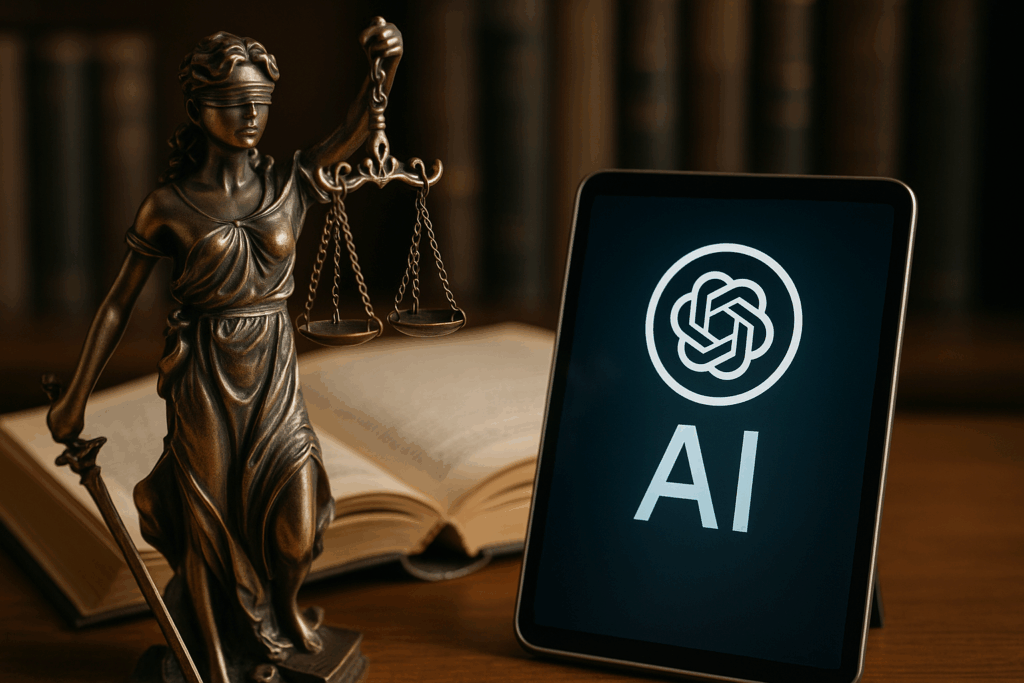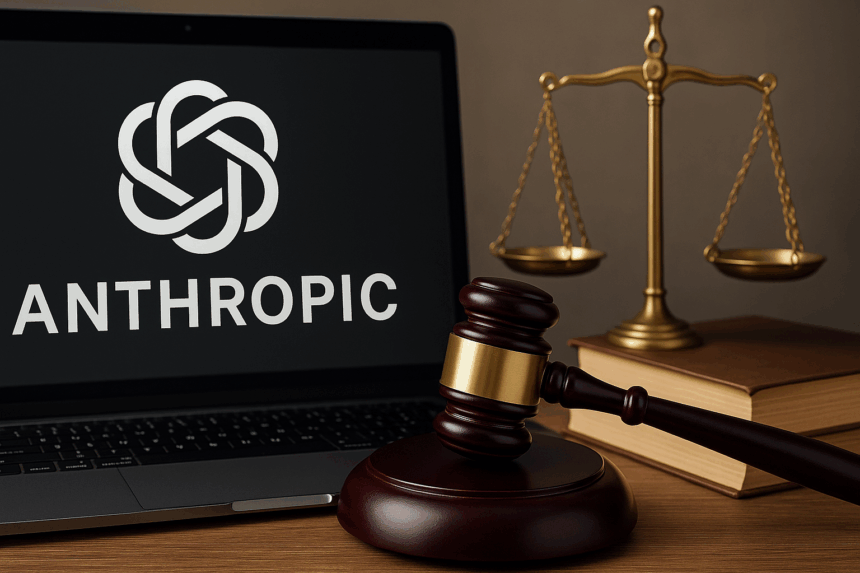Artificial intelligence company Anthropic reached a settlement with a group of book authors over a copyright infringement lawsuit. This ends a dispute that questioned how AI systems access and use creative works. The deal comes after months of legal battles. The focus was on whether training large language models with copyrighted materials violates intellectual property rights.
What’s Happening & Why This Matters
The settlement follows a ruling from U.S. District Judge William Alsup, who determined in June that Anthropic did not break copyright law when its AI chatbot, Claude, was trained on millions of books. Alsup argued that the AI’s training process was “quintessentially transformative”. He likened it to the way a reader studies written works to inspire their own writing.
Despite that decision, the lawsuit was set to move forward over how Anthropic obtained the data. There were allegations that the company sourced works from shadow libraries — repositories of pirated books available online. That trial will now be avoided as both parties have agreed to settle.

Attorney Justin Nelson, representing the authors, described the resolution as a “historic settlement [that] will benefit all class members”. Final terms are expected to be filed in court next week. Anthropic declined to comment on the settlement. It considers the case’s sensitivity and implications for AI.
While this agreement closes one chapter, Anthropic still faces additional copyright challenges. One of the most notable cases comes from Universal Music Group. They claim the company illegally used copyrighted lyrics to train its AI systems. These ongoing disputes highlight the complex and unresolved relationship between AI training methods and intellectual property protections.
The ruling also questions the definition of “fair use” in the digital era. By framing AI training as a transformative act, Judge Alsup’s decision could sway other ongoing lawsuits across the industry. Particularly as companies like OpenAI and Google face similar challenges over their use of copyrighted material.
TF Summary: What’s Next
The Anthropic settlement is a precedent for how authors and technology companies can find common ground without prolonging disputes through lengthy trials. It also illustrates the struggle between protecting creators’ rights and advancing AI development.
As more lawsuits emerge, courts and policymakers may be forced to draw sharper boundaries around fair use in AI training. Companies, meanwhile, could turn to negotiated licensing deals to reduce legal risks. For authors and rights holders, this case surmises collective action can impact AI firms’ operations in the creative economy.
— Text-to-Speech (TTS) provided by gspeech


